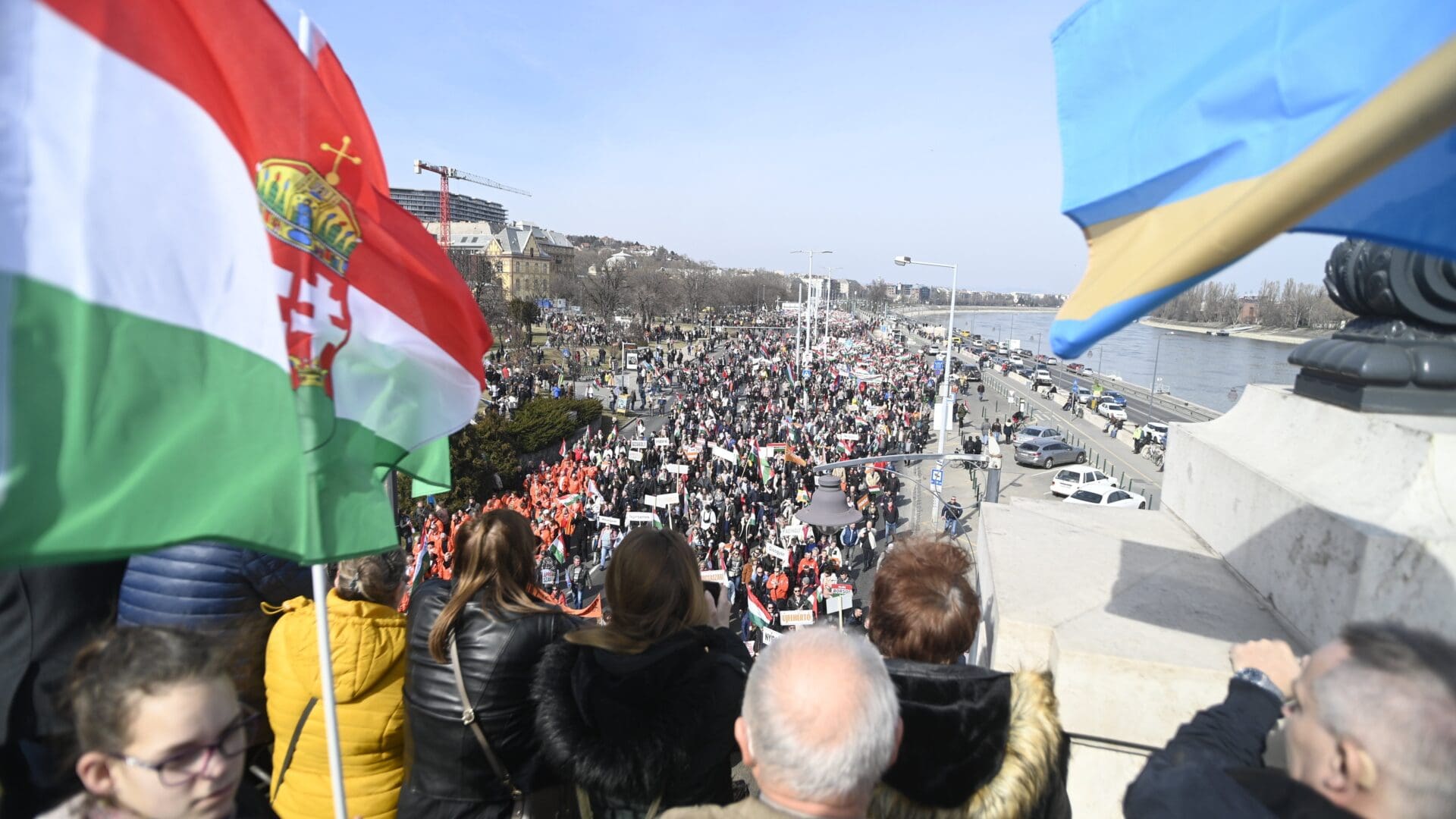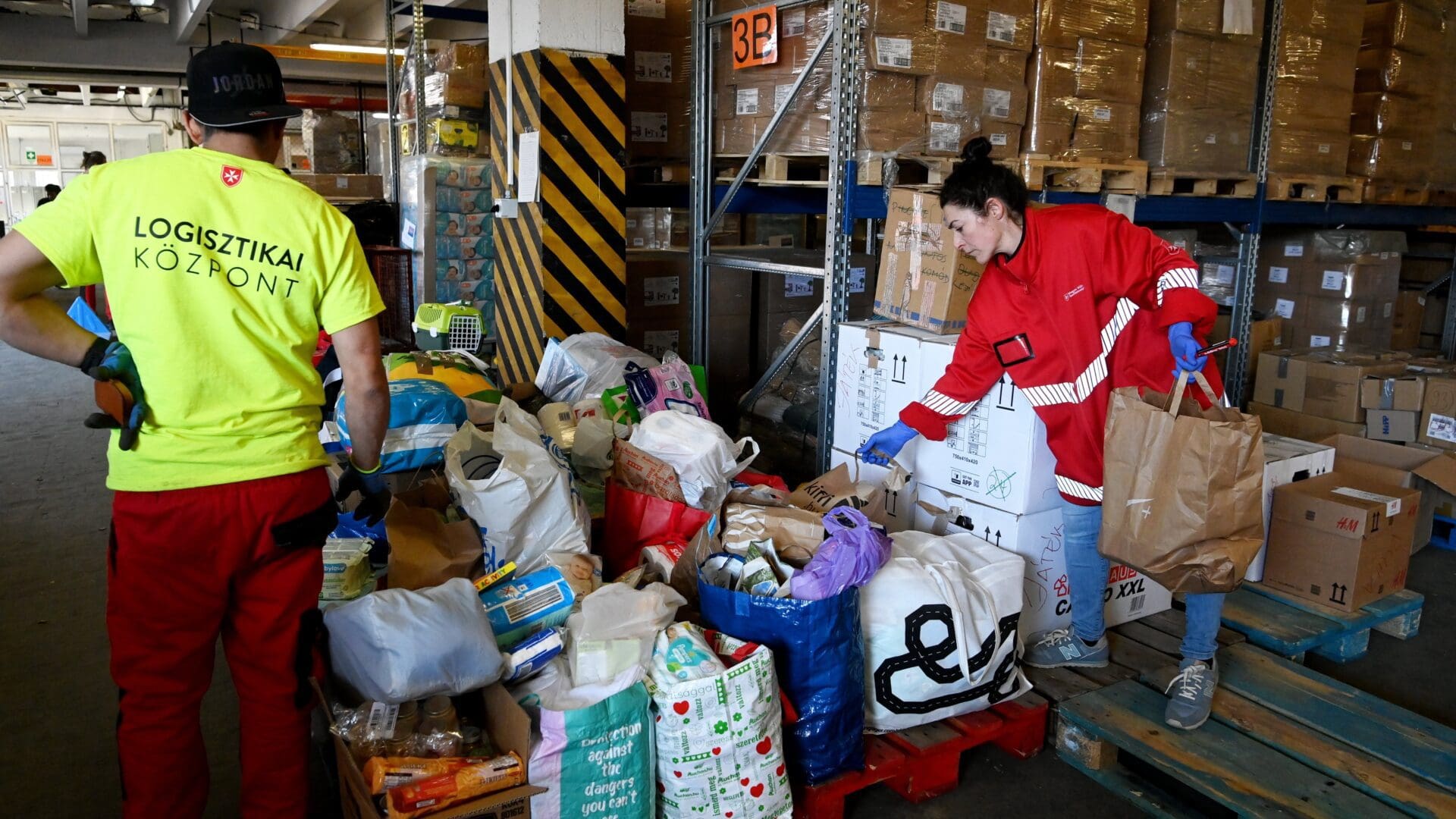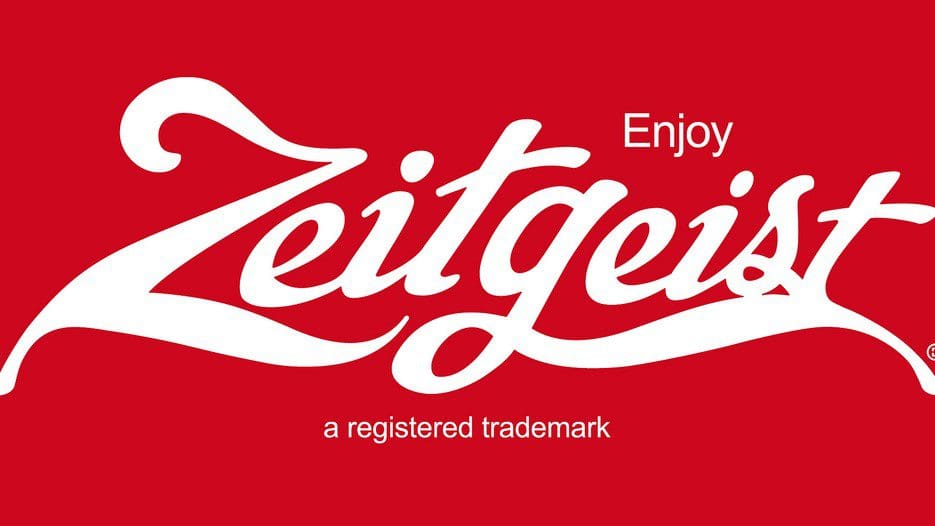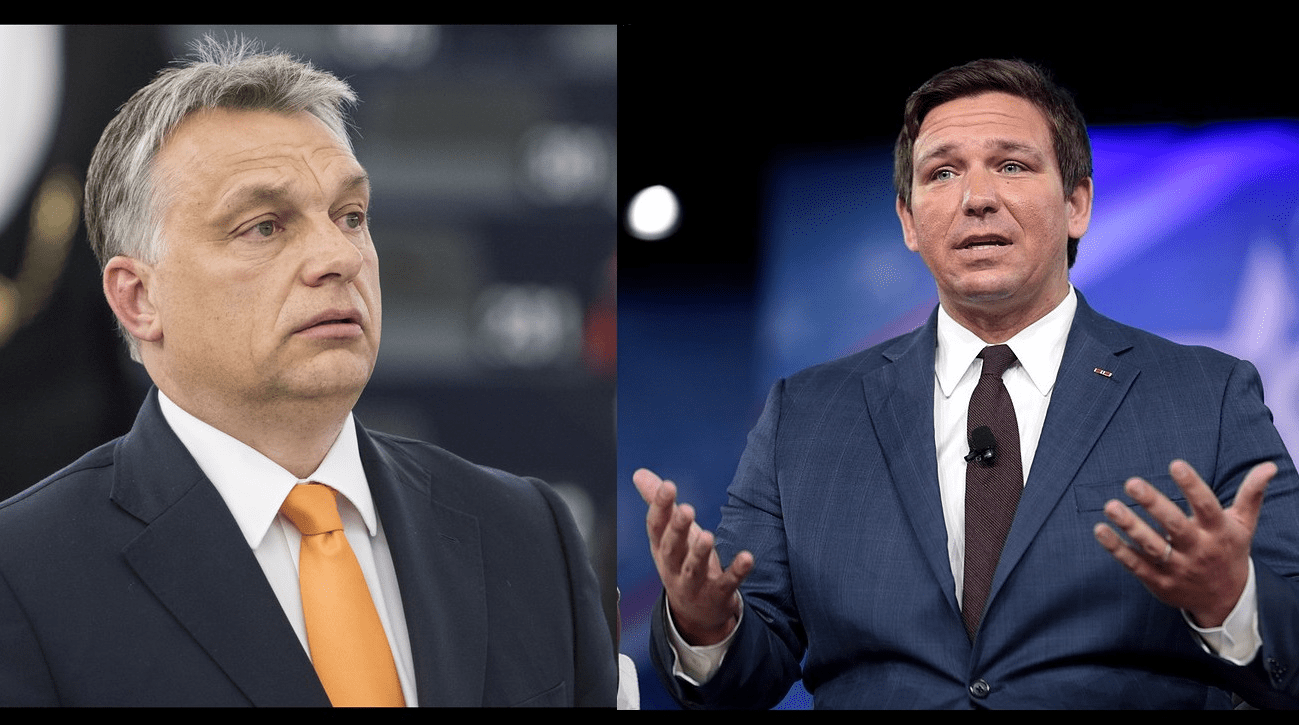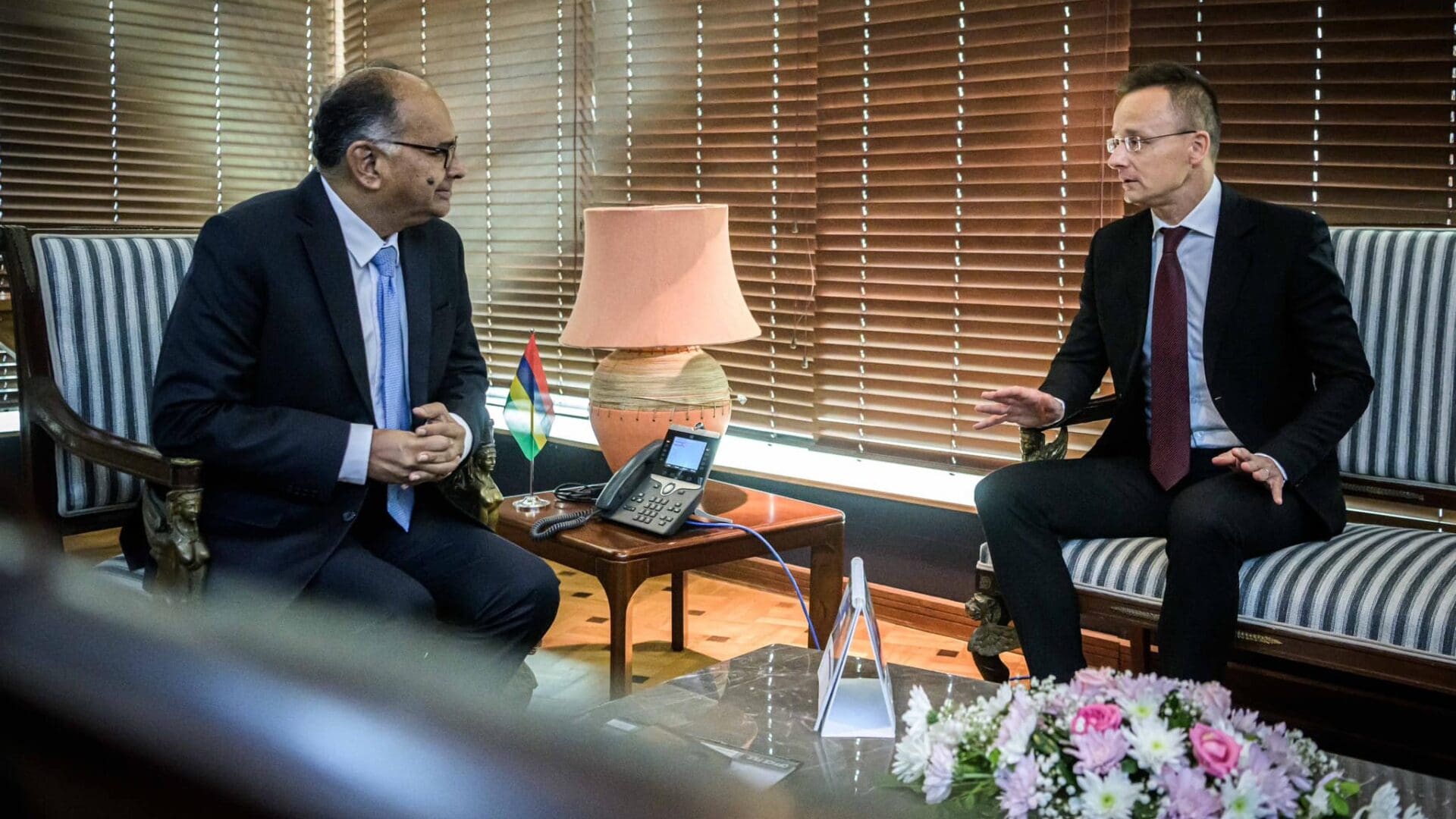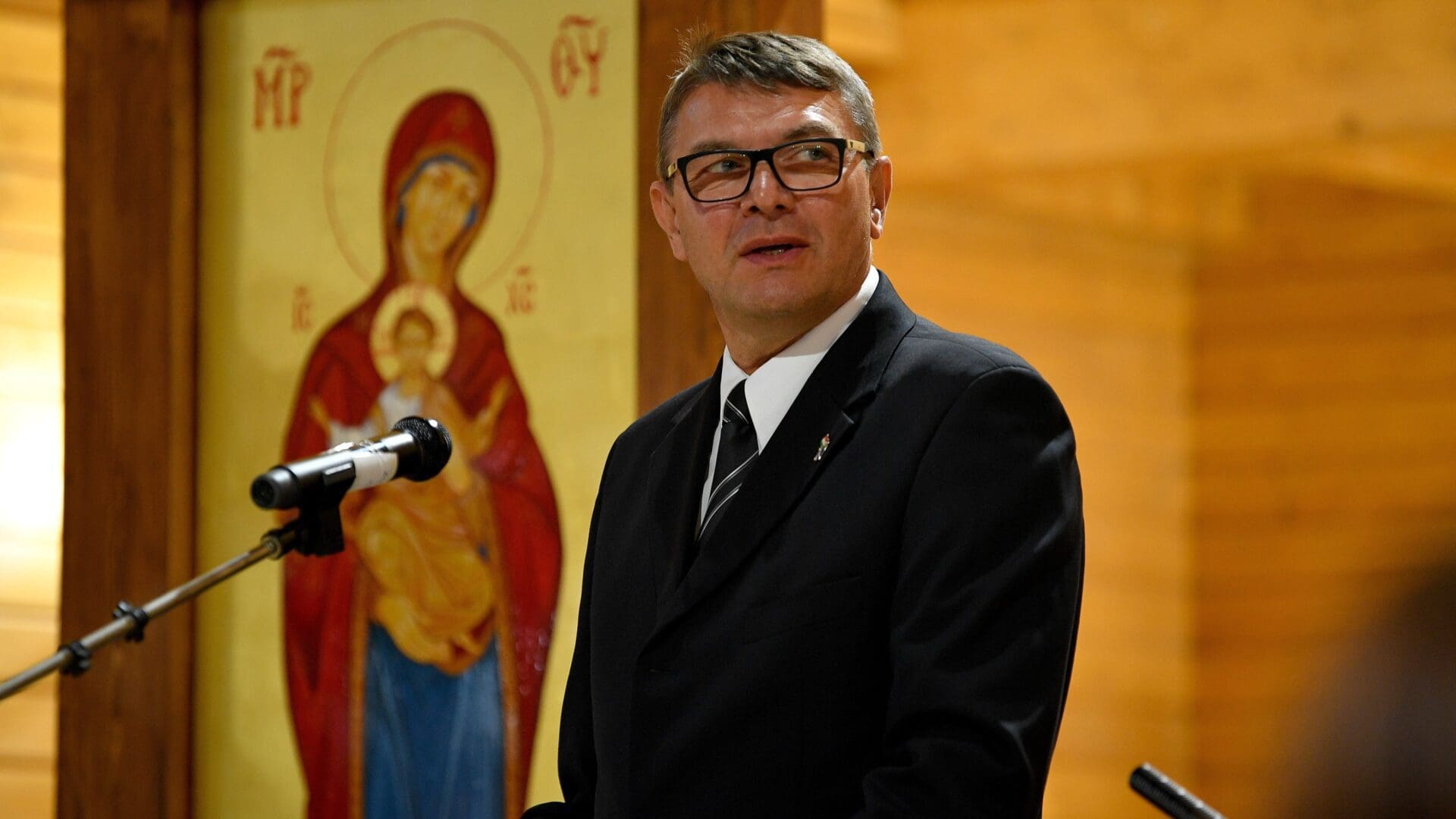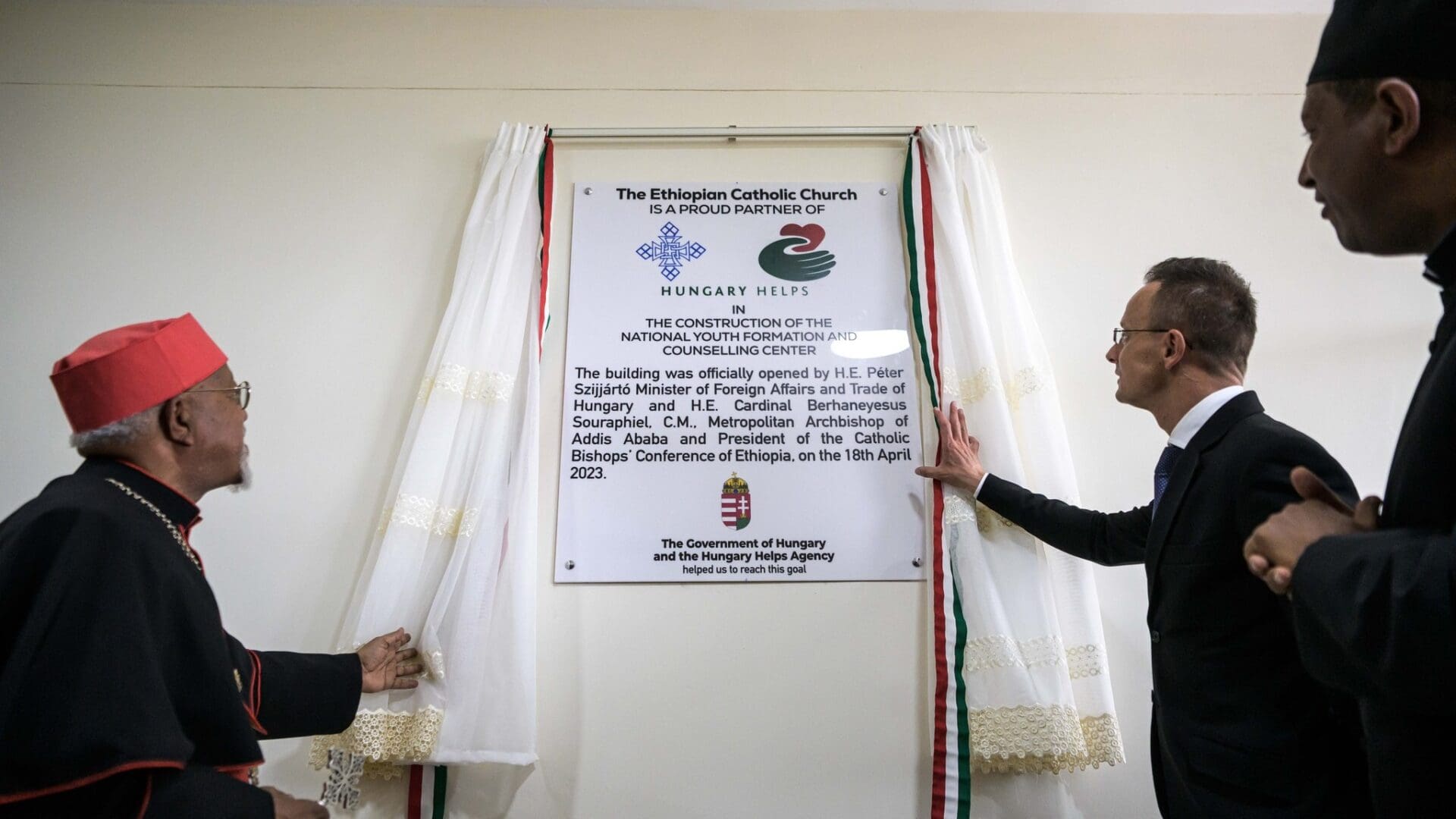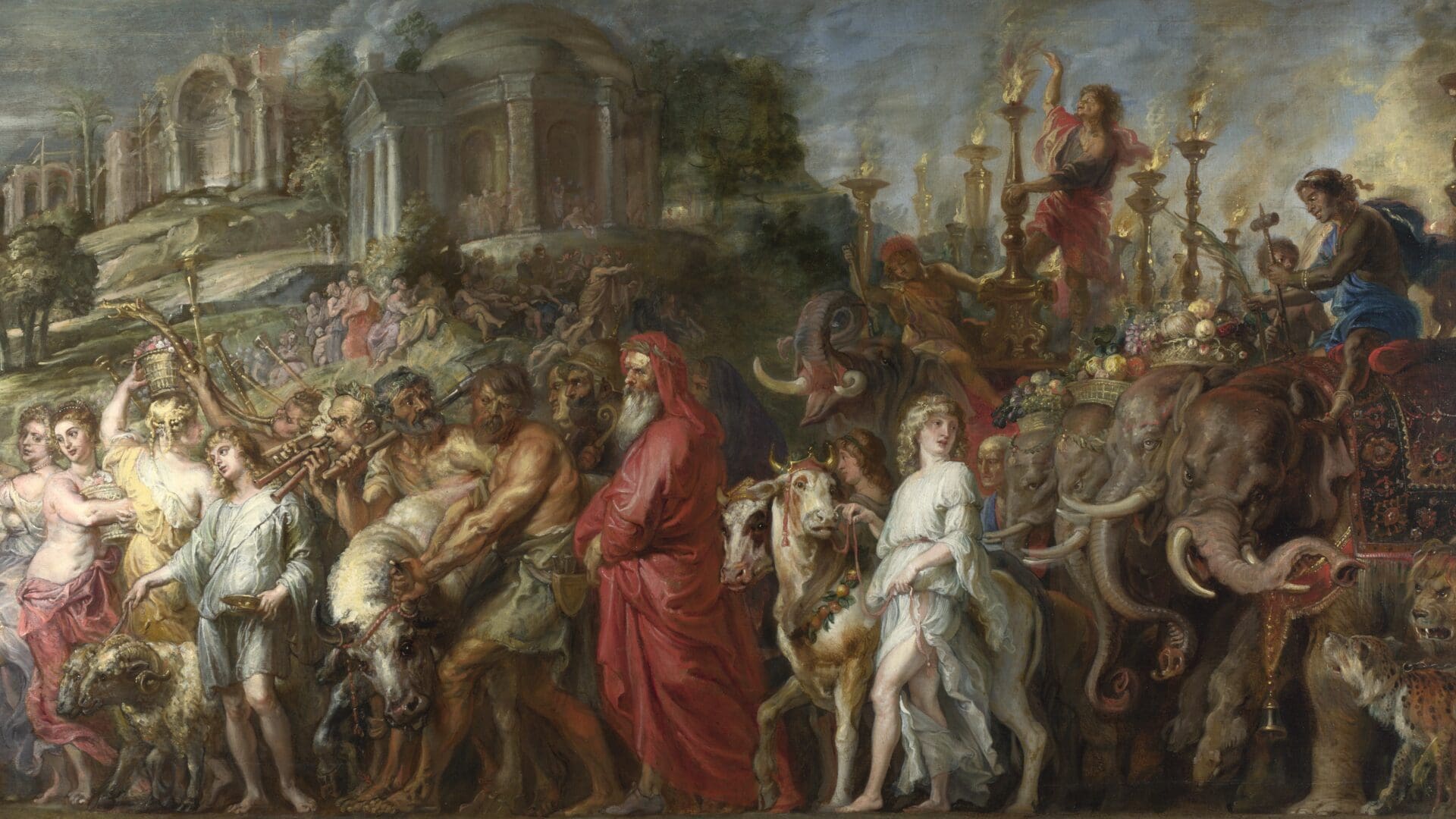
A Tale of Two Cities — Nation State, Empire and the Future of the European Union
Will the European Union gradually evolve into a community of fate? Whether or not this is going to happen will depend on the Europeans’ ability to learn from each other and to understand each other better. This again depends on mutual knowledge: of languages, of their respective neighbours’ histories, literatures and cultures… More mutual understanding may one day create a European public of some sort.

